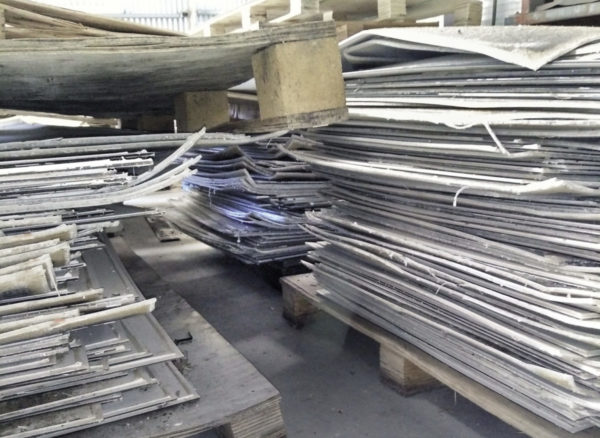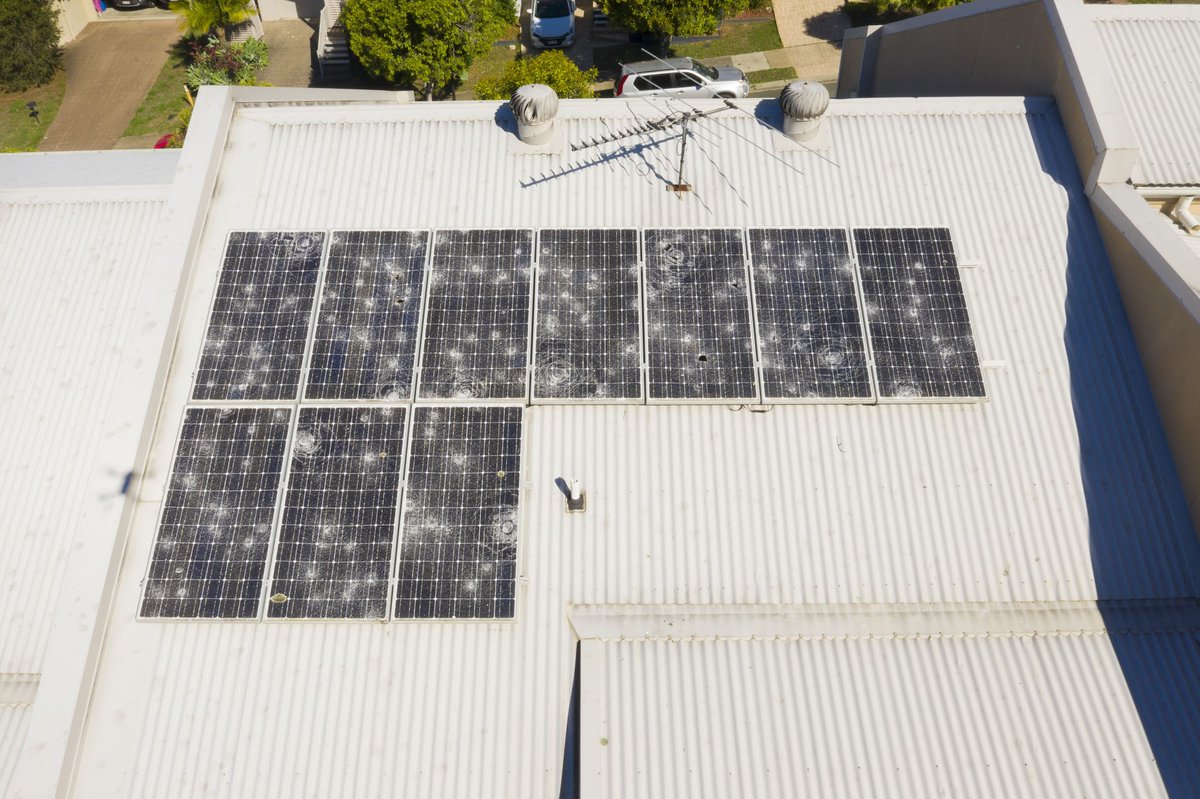Adelaide-based Reclaim PV Recycling is set to expand its solar PV module recycling operation to a second facility in Queensland after receiving development approval and an environmental permit from local and state governments to establish a new facility in Brisbane.
Reclaim PV said the Brisbane facility will complement its foundation site in the in the Adelaide industrial suburb of Londsdale, which is expected to commence operations next month with about 70,000 panels to be recycled each year. The Brisbane facility is expected to come online later this year.
Reclaim PV director Clive Fleming said the company also has plans to establish facilities in other major metropolitan areas in the next one to two years, declaring a national recovery and recycling network is an absolute necessity for the PV industry in Australia.
“Securing this second DA marks another significant milestone for Reclaim PV in the establishment of Australia’s first national solar panel recovery and recycling network,” he said.
“Australia’s rooftop solar installations are the highest in the world (on a per-capita basis), with approximately 60 million or 21.4 GW installed so far (as of March 31, 2021) and research is suggesting that there will be more than 1 million panels requiring replacement annually by 2031.
“We need a nation-wide approach to managing the replacement and recycling of faulty, non-performing and end-of-life solar panels before this gets unmanageable and we start to see 2,000 tonnes of waste making its way to landfill annually.”
While solar modules are designed to last, with an average life span of 25 years, eventually they are going to need replacing and predictions suggest managing end-of-life or broken panels will be a sizeable challenge.
A 2016 study jointly prepared by the International Renewable Energy Agency (IRENA) and the International Energy Agency (IEA) estimated that 78 million tonnes of raw materials with a combined value of US$15 billion could be recovered from solar panels globally by 2050.

Image: LG
In Australia, researchers from the University of South Australia (UniSA) have estimated that more than 100,000 tonnes of solar modules will enter the waste stream by 2035.
Fleming said it is imperative end-of-life strategies are put in place long before solar waste peaks.
“Reclaim PV is committed to providing an end-to-end solution to meet this challenge and to engage with industry, commercial users of solar panels and all levels of government to introduce sustainable recovery and recycling practices across the whole supply chain to support the circular economy,” he said.
Reclaim PV, which for the past few years has been processing a test trickle of around 10,000 modules per annum, is looking to work with manufacturers, councils and businesses to establish a national network of drop-off locations for solar modules to be recycled at its plants.
“Our vision is for Reclaim PV to be the catalyst to bring government, businesses and consumers together in this relatively young industry to both create and accelerate the end-to-end recovery and recycling of solar panels,” Fleming said.
Reclaim PV’s expansion plans are part of an increase of activity in the solar module recycling sector.
Lithgow City Council in New South Wales announced this week that it had introduced a solar module recycling operation at its Lithgow Solid Waste Facility.
“Solar Panels are primarily made up of glass, plastic and aluminium and this service will allow all parts to be recycled effectively diverting this problem waste from our landfill,” council said in a statement.
“Waste generated from used solar panels is an emerging issue and Council is pleased to offer this service at a time when limited options are available.”
Victorian-based Lotus Energy has also commenced recycling operations at its facility in Melbourne’s north.
Lotus Energy unveiled its panel-crushing plant late last month, declaring it is capable of recycling 100% of end-of-life solar modules, including inverters, cables, optimisers and mounting structures – all without using any chemicals.
Another Melbourne-based company, Elecsome, last year secured a federal government grant to establish a solar panel upcycling plant in partnership with industrial manufacturing company Ojas Group in partnership with RMIT and the University of Melbourne.
This content is protected by copyright and may not be reused. If you want to cooperate with us and would like to reuse some of our content, please contact: editors@pv-magazine.com.









By submitting this form you agree to pv magazine using your data for the purposes of publishing your comment.
Your personal data will only be disclosed or otherwise transmitted to third parties for the purposes of spam filtering or if this is necessary for technical maintenance of the website. Any other transfer to third parties will not take place unless this is justified on the basis of applicable data protection regulations or if pv magazine is legally obliged to do so.
You may revoke this consent at any time with effect for the future, in which case your personal data will be deleted immediately. Otherwise, your data will be deleted if pv magazine has processed your request or the purpose of data storage is fulfilled.
Further information on data privacy can be found in our Data Protection Policy.